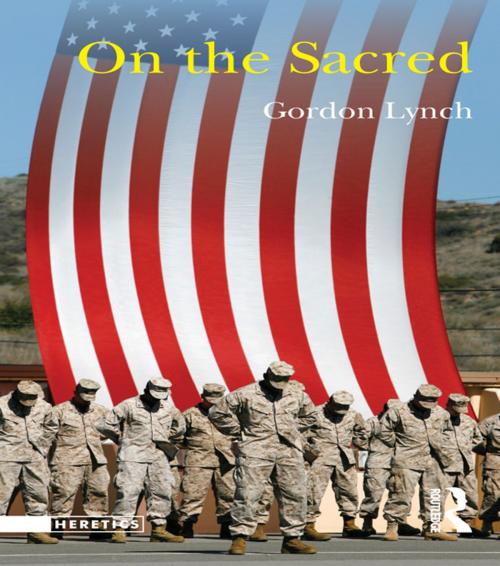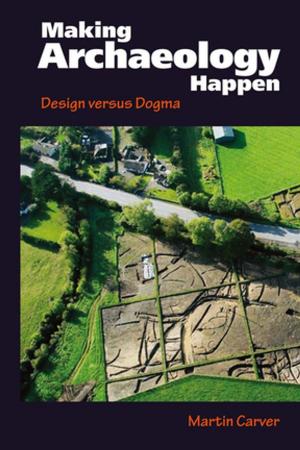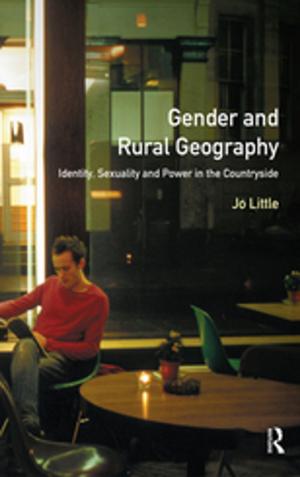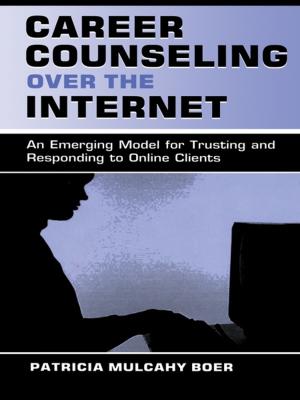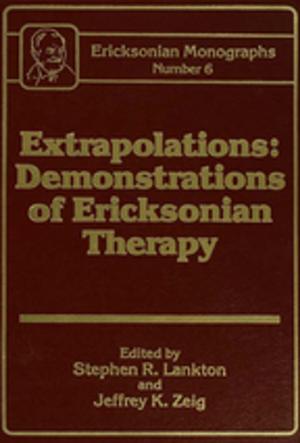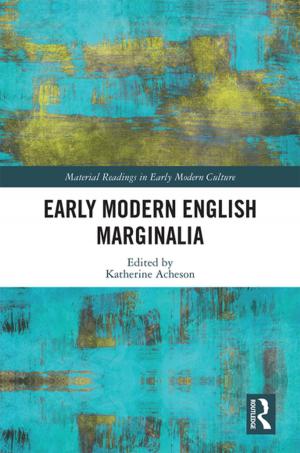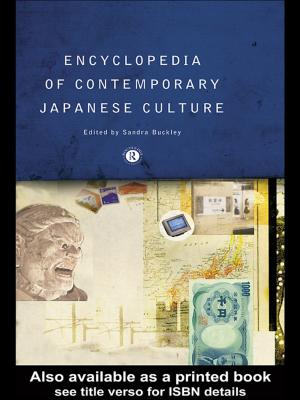| Author: | Gordon Lynch | ISBN: | 9781317547341 |
| Publisher: | Taylor and Francis | Publication: | October 14, 2014 |
| Imprint: | Routledge | Language: | English |
| Author: | Gordon Lynch |
| ISBN: | 9781317547341 |
| Publisher: | Taylor and Francis |
| Publication: | October 14, 2014 |
| Imprint: | Routledge |
| Language: | English |
Progressive, modern societies hold the promise of the triumph of reason and the banishing of primitive, religious impulses to a bygone age. If this statement is orthodoxy to much of Western liberal thought, then Gordon Lynch's On the Sacred is heresy. Challenging the myth of the idealized rational society, Lynch argues that emotionally-charged forms of the sacred remain an inevitable foundation of social life. Modernity has not rid us of the sacred, but merely presented us with new sacred forms focused around humanity, nature and the nation. Drawing on examples from the changing status of the British monarchy, the growing influence of humanitarian NGOs and moral justifications for the invasion of Iraq, On the Sacred presents a compelling account of what the sacred is and why it still matters for us today. By the end of the book, Lynch calls us to a new understanding of our moments of deep moral certainty, challenging us to think about the harm we do in the name of what we call sacred.
Progressive, modern societies hold the promise of the triumph of reason and the banishing of primitive, religious impulses to a bygone age. If this statement is orthodoxy to much of Western liberal thought, then Gordon Lynch's On the Sacred is heresy. Challenging the myth of the idealized rational society, Lynch argues that emotionally-charged forms of the sacred remain an inevitable foundation of social life. Modernity has not rid us of the sacred, but merely presented us with new sacred forms focused around humanity, nature and the nation. Drawing on examples from the changing status of the British monarchy, the growing influence of humanitarian NGOs and moral justifications for the invasion of Iraq, On the Sacred presents a compelling account of what the sacred is and why it still matters for us today. By the end of the book, Lynch calls us to a new understanding of our moments of deep moral certainty, challenging us to think about the harm we do in the name of what we call sacred.
